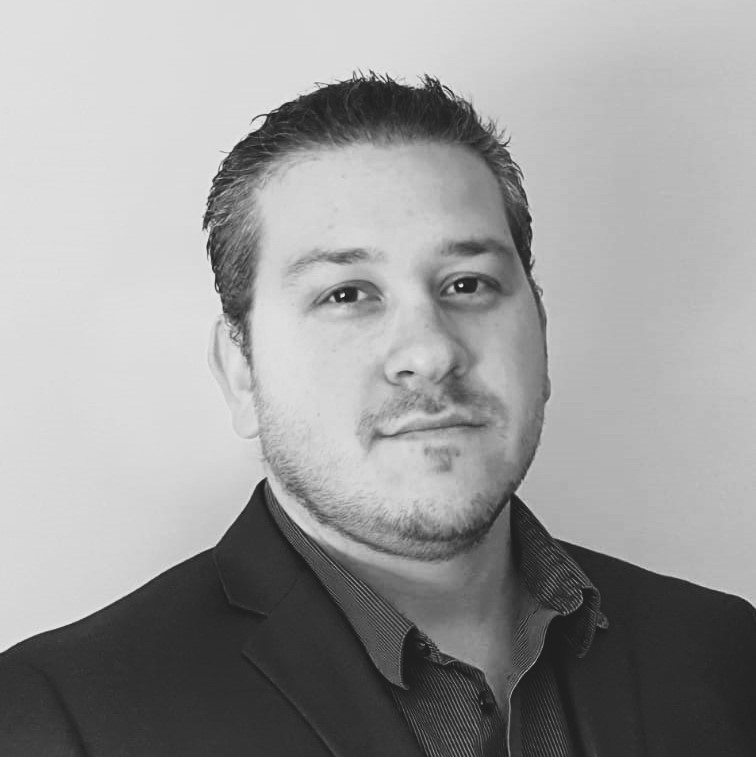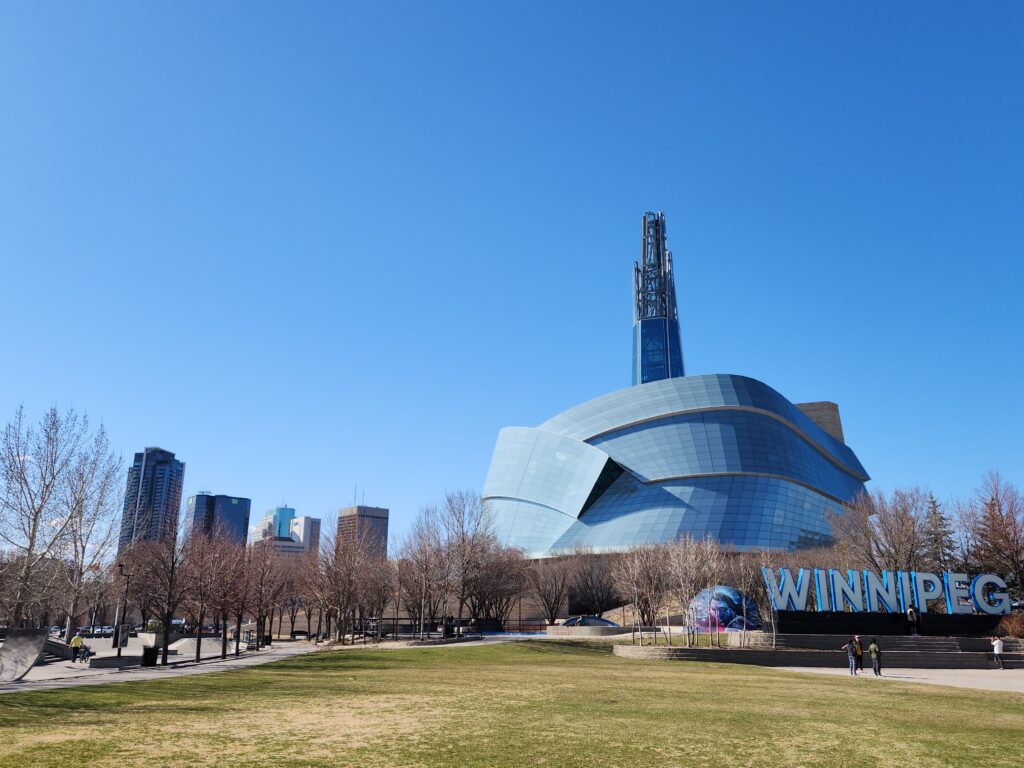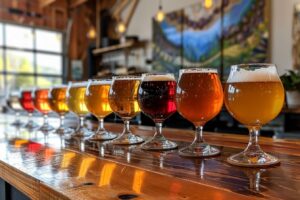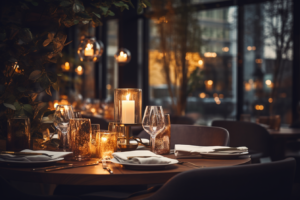Recently, we sought to tap into the collective consciousness of Winnipeg’s residents by posing a question on Reddit.
The question was simple but thought-provoking: “If you could change one thing about Winnipeg, what would it be?” The responses we received were as diverse as they were illuminating, painting a vivid picture of the city through the eyes of its people.
Here’s a detailed look at what the residents of Winnipeg had to say.
Less Crime and Poverty:
Among the most poignant themes that emerged was the desire for less crime and poverty.
Many residents expressed concern about their fellow Winnipeggers, with a strong emphasis on the need to tackle these issues head-on.
It was suggested that by focusing on poverty alleviation, such as implementing policies that ensure livable wages, we could potentially see a ripple effect leading to a decrease in crime.
This sentiment reveals the community’s deep-seated desire for a safer, more equitable city where everyone has the chance to thrive.
Substance Abuse:
The issue of substance abuse, particularly meth use, was a significant concern among respondents.
The prevalence of this problem underscores the need for a multi-faceted approach, involving not just law enforcement, but also healthcare providers, social workers, and community organizations.
The residents’ voices highlighted a demand for effective drug prevention and rehabilitation programs, as well as the necessary social support systems to help those affected navigate the road to recovery.
Weather and Climate:
The harsh Winnipeg winters are a well-known reality, and the responses reflected this fact.
The frequency of comments about the city’s challenging climate underscores the impact weather has on the quality of life.
While control over Mother Nature isn’t possible, the comments hint at a need for better infrastructure and amenities that can help residents cope with the extreme weather.
Infrastructure and Urban Planning:
The residents of Winnipeg expressed a desire for a city design that is less car-centric and more conducive to pedestrians and sustainable modes of transportation.
The need for better public access to riverfronts was voiced, pointing to a desire for spaces that allow residents to connect with the city’s natural beauty.
The revitalization of the downtown area was also suggested, indicating the community’s yearning for vibrant, safe spaces that offer a mix of retail, dining, and entertainment options.
Social Progress and Leadership:
The call for a more socially progressive city speaks volumes about the aspirations of Winnipeg’s residents.
They long for a city where respect and understanding are the norm, not the exception.
Coupled with this was the demand for strong, empathetic leadership.
Residents voiced a need for leaders who prioritize the welfare of all citizens, highlighting the importance of social equity in city governance.
Location and Connectivity:
Winnipeg’s relative isolation from other major cities emerged as a key concern for some residents.
They expressed a desire for their city to be more connected, both in terms of physical infrastructure and cultural exchange.
Coupled with this was the desire for a vibrant downtown area that’s a hub of activity, fostering a sense of community and offering a variety of cultural and entertainment options.
Unique Suggestions:
The conversation wasn’t just about serious civic issues. There were lighter, more unique suggestions, such as the creation of a unique Winnipeg handshake, free Slurpees on birthdays, and a push for more activities on the city’s rivers.
These responses, while light-hearted, reveal a desire for a city culture that’s unique, fun, and engaging.
Final Thoughts:
In conclusion, the answers to the question “If you could change one thing about Winnipeg, what would it be?” provided an insightful cross-section of the hopes, concerns, and aspirations of Winnipeg’s residents.
The responses ranged from serious civic issues such as crime, poverty, and infrastructure, to lighter, more whimsical suggestions that speak to a desire for a unique and vibrant city culture.
While not everyone’s suggestions can be implemented, the exercise of asking such a question is valuable in itself. It offers a platform for residents to voice their concerns and desires, and for city leaders to listen and understand the collective aspirations of their constituents.
The city, like all cities, has its strengths and weaknesses, but this conversation showed that its people are passionate, engaged, and eager to see it improve.
It’s a reminder that cities are not just bricks and mortar, roads and buildings; they are made up of people, and it’s the people who make a city what it is.
Whether it’s the earnest desire for less crime and poverty, the wish for a more pedestrian-friendly city, or even the lighthearted proposal for a unique Winnipeg handshake, each response reflects a love for Winnipeg and a hope for its future.
It’s a testament to the fact that, despite its challenges, the spirit of the people of Winnipeg remains strong and optimistic.
This diverse range of responses not only highlights the unique challenges and opportunities that exist within Winnipeg but also underscores the importance of community engagement in city development.
After all, a city is a reflection of its people, and the people of Winnipeg have made it clear that they have a vision for a city that is safe, inclusive, vibrant, and fun.
Winnipeg has a long history and a diverse cultural landscape. Its residents have shown that they are not only aware of the city’s issues but are also willing to think creatively and constructively about solutions.
This conversation demonstrates that the people of Winnipeg have a deep connection to their city and a shared desire to see it flourish.
The collective wish of Winnipeg residents, as voiced in this conversation, is for a city that continues to grow and evolve, always striving to better serve the needs and aspirations of its people.
In the end, these responses serve as a reminder of the power of community voices in shaping the future of a city. They highlight the need for ongoing dialogue and engagement between city leaders and residents.
By listening to each other, learning from each other, and working together, we can build a Winnipeg that reflects the diverse wishes and needs of all its residents.
A city is more than its infrastructure, its systems, and its laws. It is a community of people, each with their dreams, aspirations, and ideas.
As we strive to build a better Winnipeg, let’s remember to listen to these voices, for they are the heart of our city. And it’s by keeping this heart healthy and heard that we can truly make Winnipeg a city that all its residents can be proud to call home.










